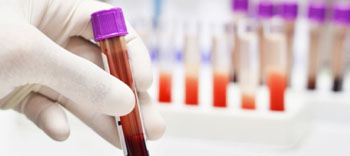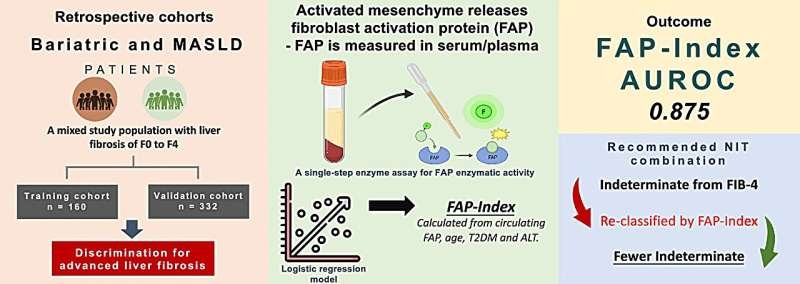Heart Transplantation Recipients Unaffected by Donor Troponin Levels
By LabMedica International staff writers
Posted on 14 Jul 2016
Many transplant centers routinely reject hearts if the donor’s blood test reveals elevated levels of troponin I, a protein found in heart muscle that enters the bloodstream when there is a heart attack or other heart muscle damage. Donors with previous heart disease are automatically excluded.Posted on 14 Jul 2016
Heart transplantation is one of the greatest achievements in modern medicine and patients with advanced heart failure in whom survival is measured in weeks and months are offered the potential for survival of equal to or greater than 10 years with excellent quality of life.

Image: According to new research, a blood test that leads to donor hearts being rejected may not effectively predict whether a heart transplant will succeed or fail (Photo courtesy of the AMA).
Cardiologist at the Albert Einstein College of Medicine (Bronx, NY, USA) analyzed all adult heart transplant recipients at least 18 years of age, who received their transplants between January 1, 2007, and September 30, 2014. The study period coincides with the regular reporting of donor troponin levels by the United Network of Organ Sharing (UNOS). Of the 15,247 adult heart transplants performed in the USA from January 2007 to September 2014, 10 943 (71.8%) met all the inclusion/exclusion criteria and formed the final study cohort. There were three clinically meaningful donor troponin I groups: less than 1 ng/mL, 1 to 10 ng/mL, and more than10 ng/mL and compared mortality at 30 days, one year, three years, and five years of follow-up, primary graft failure (PGF) at 30 days, and cardiac allograft vasculopathy (CAV) of more than five years of follow-up.
The team set out to determine whether there are any differences in outcomes for patients who received a heart from a donor with high troponin I levels. At 30 days, one year, three years, and five years after heart transplantation, the scientists found no significant differences in survival between recipients whose donors had high troponin I levels and those whose levels were normal. There was also no association between donor troponin I levels and risk of recipient death one year after transplantation. Additionally, donor troponin I levels made no difference to recipients' incidence of primary graft failure, the loss of pumping action that occurs within 30 days of transplantation, and cardiac allograft vasculopathy, a form of heart disease that can limit long-term survival following heart transplantation.
Snehal R. Patel, MD, an assistant professor of medicine and the senior author of the study, said, “A lot of focus has been on finding ways to sign up more people as organ donors, but there is also a problem in that only an average of one in three donor hearts are placed. Our study shows that transplant centers should not exclude donor hearts based solely on elevated troponin I if the organ is otherwise suitable. At our institution it has already changed how we evaluate donors, and I think this data will lead to changes nationwide.” The study was published on June 21, 2016, in the journal Circulation: Heart Failure.
Related Links:
Albert Einstein College of Medicine









 (3) (1).png)




